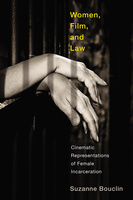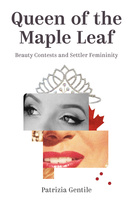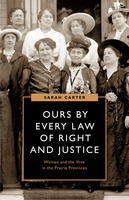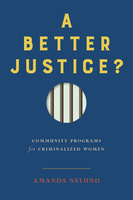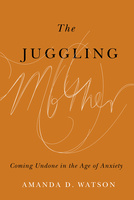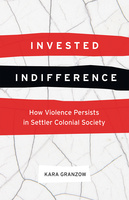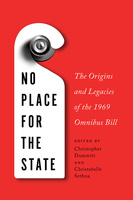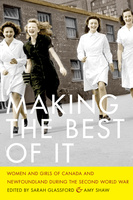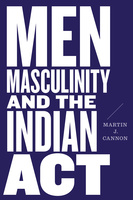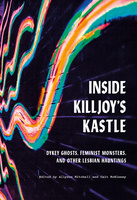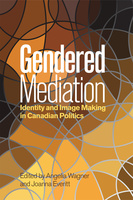Frontiers of Feminism
Movements and Influences in Québec and Italy, 1960–80
Frontiers of Feminism shines new light on the recent history of feminist movements, using the examples of Italy and Québec to bring an international perspective to major themes, strategies, and modes of organizing.
Women, Film, and Law
Cinematic Representations of Female Incarceration
Women, Film, and Law questions the criminalization of women through an engaging exploration of the women-in-prison film genre.
Queen of the Maple Leaf
Beauty Contests and Settler Femininity
Queen of the Maple Leaf reveals the role of beauty pageants in entrenching settler femininity and white heteropatriarchy at the heart of twentieth-century Canada.
Ours by Every Law of Right and Justice
Women and the Vote in the Prairie Provinces
This long-overdue account of the suffrage campaigns in the first region to grant women the vote in Canada shatters cherished myths about how the West was won.
A Better Justice?
Community Programs for Criminalized Women
Do community programs offer an effective alternative to imprisonment for women within the criminal justice system? A Better Justice? sets out the case.
The Juggling Mother
Coming Undone in the Age of Anxiety
The Juggling Mother upends popular representations of the supermom, showing her to be a cultural construction and the model neoliberal worker.
Invested Indifference
How Violence Persists in Settler Colonial Society
Invested Indifference exposes the tenacity of violence against Indigenous people, arguing that some lives are made to matter – or not – depending on their relation to the settler-colonial nation state.
A Great Revolutionary Wave
Women and the Vote in British Columbia
The first book on the woman’s suffrage movement in British Columbia, A Great Revolutionary Wave traces the history of the fight for the vote from the 1870s to the 1940s against a backdrop of social reform, international social movements, labour politics, and settler colonialism.
He Thinks He's Down
White Appropriations of Black Masculinities in the Civil Rights Era
Offering fresh insights and raising important questions, this historical exploration of appropriation traces the ways in which gender and race were negotiated through the popular culture of the Civil Rights Era.
No Place for the State
The Origins and Legacies of the 1969 Omnibus Bill
No Place for the State is an incisive study that offers complex and often contrasting perspectives on the Trudeau government’s 1969 Omnibus Bill and its impact on sexual and moral politics in Canada.
Making the Best of It
Women and Girls of Canada and Newfoundland during the Second World War
Making the Best of It examines the ways in which gender and other identities intersected to shape the experiences of female Canadians and Newfoundlanders during the Second World War.
Queering Representation
LGBTQ People and Electoral Politics in Canada
Queering Representation explores what happens when LGBTQ people move out of the closet and into the political arena.
Men, Masculinity, and the Indian Act
Men, Masculinity, and the Indian Act reverses conventional thinking to argue that the sexism directed at women within the act in fact undermines the well-being of all Indigenous people, proposing that Indigenous nationhood cannot be realized or reinvigorated until this broader injustice is understood.
Inside Killjoy’s Kastle
Dykey Ghosts, Feminist Monsters, and Other Lesbian Hauntings
Exploring the making and experience of a lesbian feminist haunted house, this book reframes and reclaims queer feminist histories with humour, provocation, and theoretical sophistication.
Gendered Mediation
Identity and Image Making in Canadian Politics
Taking an original approach to the study of gender and political communication, this book examines how politicians, journalists, and citizens deploy intersecting notions of gender, sexuality, race, age, and class in Canadian politics.


